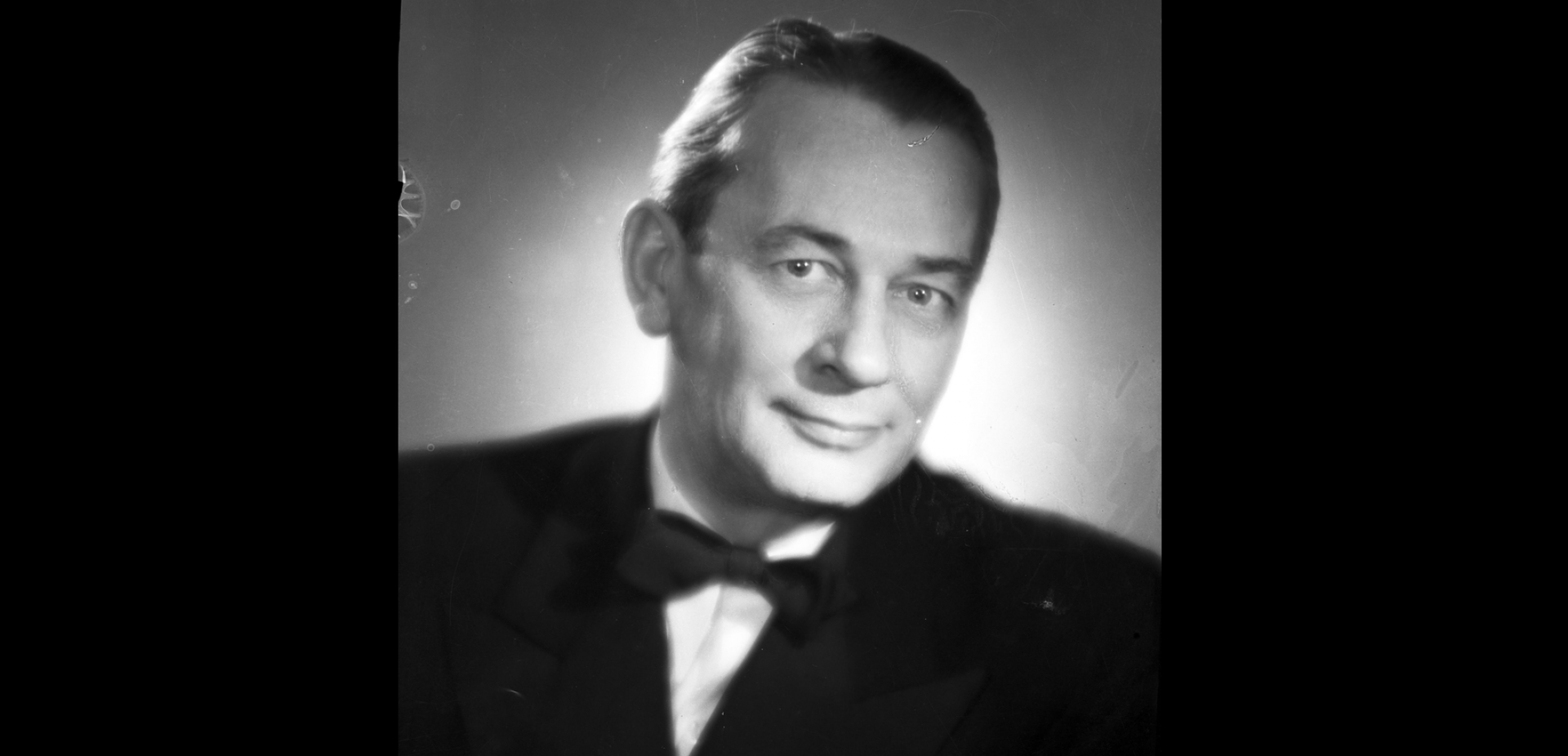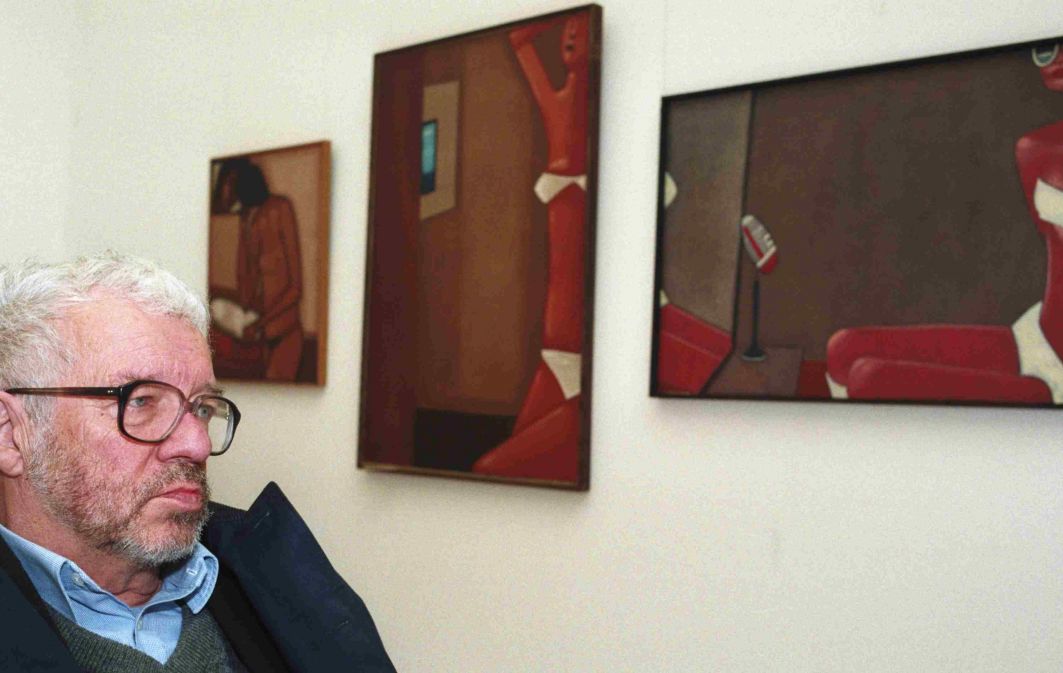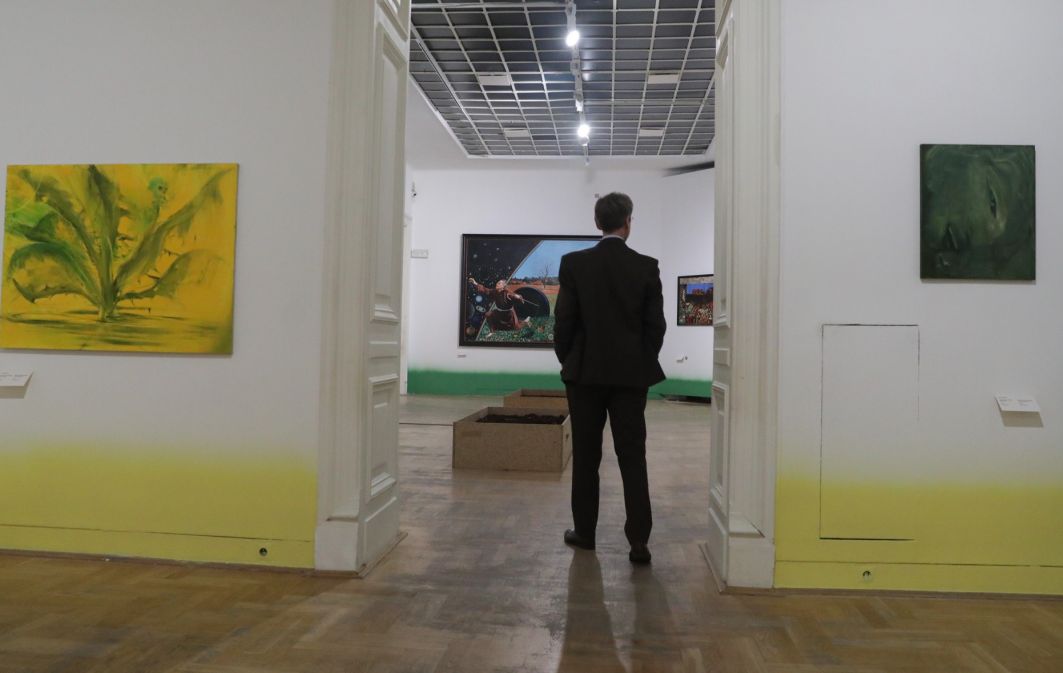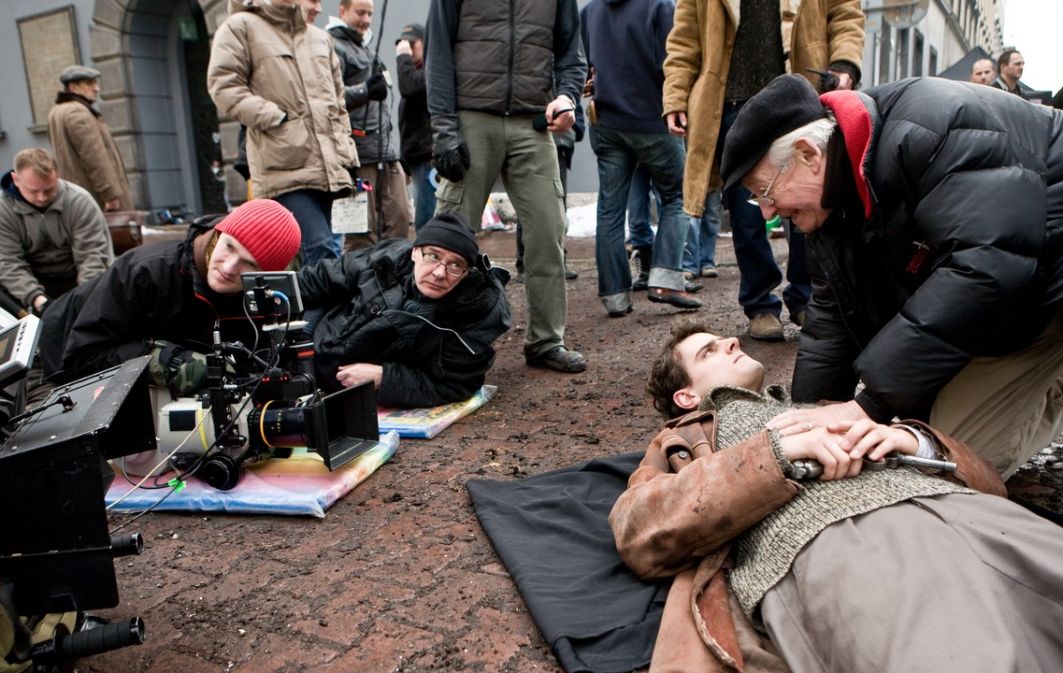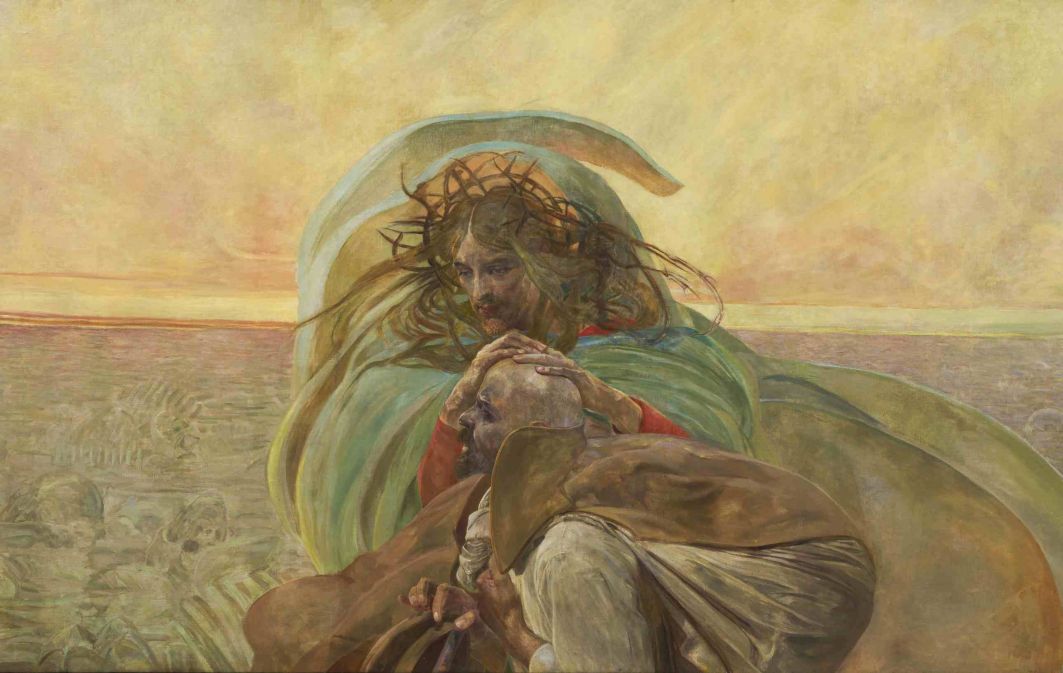„I gave my most important recitals in insurgent Warsaw. Someone counted 104”.
27.12.2023
It may seem strange to the younger generation, but the most popular Polish singer in history is… Mieczysław Fogg. Who is he?! – the same young people will ask. “The Fogg phenomenon” is being explained in a film of the same name (“Fenomen Fogga”), directed by Mariusz Cieślik.
He sang for more than six decades. He gave concerts on several continents. He remained immune to the changes in musical forms – he cherished those with which he began his vocal career, a fact he underlined with the song “Un peu démodé”. At the same time, his fidelity to tradition was the strength of his style, to which subsequent generations succumbed. Could he become a world-famous artist?
Chorister
Fogg’s talent emerged in a barbershop choir, led by the composer and pianist Władysław Daniłowski (also a diplomat and radio broadcaster). While working as a consular apprentice at the Polish embassy in Paris, he fell under the spell of jazz, which was then in its infancy. Especially in its vocal version, presented by the American quintet “The Revelers”. This was the genesis of Dan’s Choir, which was revealed in 1928, on the stage of “Qui pro quo” – our most famous cabaret. He gathered together five singers as a response to the Comedian Harmonists, a German vocal sextet formed a dozen or so months earlier in the Weimar Republic, which immediately conquered Europe. Two Polish elements contributed to this. Firstly, among the artists there was Roman Cycowski, originating from Tuszyn near Łódź; secondly, its showpiece was the tango “O, donna Clara”, composed by Jerzy Petersburski to words by Andrzej Włast and entitled “Tango Milonga”. Thanks to translations it quickly gained international fame.
In its original form it was presented by Dan’s Choir. It was numerically and financially inferior to its Western rivals, but it was still fighting for supremacy in what we would now call the boy band segment of the Old Continent. The competition was equal and fierce. Both teams performed in the same cities and concert halls, but they did not appear on any stage at the same time. As Daniłowski recalled: “The organisers of the tour planned it so that our paths would not cross, God forbid, and no one dreamed of pop music festivals back then”. Therefore, the informal vocal competition for the group’s palm among the singing gentlemen of the interwar period remained unresolved. It was interrupted in 1934 by the disintegration of the German formation, caused by the assumption of power by Adolf Hitler and his circle. The three musicians who made up the Comedian Harmonists were of “non-Aryan origin”. Among others, Cycowski. Fogg encountered him personally a quarter of a century later, when he came to the US to give concerts for the Polish diaspora.

She dreamt of having child, she had a miscarriage. She was the first women to paint this taboo subject. And when – in 1932!
see more
Daniłowski: “I had the idea that Miecio’s performance should be seen by Roman Cycowski, who had long since given up entertainment in favour of a stable job as a synagogue cantor and teacher. And a double one at that. He taught singing as well as German. He mercilessly crippled the Polish language, using a dialect reminiscent of the characters”. After Fogg’s recital, Cycowski warmly congratulated him. He emphasized that if Dan’s Choir and Comedian Harmonists were to join forces, a vocal supergroup would be created. And he claimed that Harry Frommermann, the bandleader of the sextet, had such an intention. Apparently he even proposed it to Daniłowski by letter. The latter, however, does not mention anything about this in his exhaustive memoirs it'’ a pity that they were only published by an emigration publisher. Perhaps the offer was addressed to the people responsible for the recordings and travels of Dan’s Choir.
Soloist
Daniłowski alludes to the fact that Fogg lost the opportunity for international recognition, as if of his own volition. “If he had not returned to Poland in January 1939, but had remained across the Atlantic, Bing Crosby would undoubtedly have gained a worthy rival”.
Let us explain that Fogg was already in agreement with the dashing and remarkably influential impresario, Sol Hurok, who headed the most active agency promoting artists at that time. An entertainment shark with Jewish-Russian roots – that’s how he was defined – guaranteed the singer’s presence on the American market. For this purpose, he arranged for him to go on a concert tour and make recordings. Prepared for them by the conductor and arranger Iwo Vesby (during the occupation, the singer saved his life by taking him out of the ghetto and organizing a hiding place), he recorded six albums for the renowned RCA Victor label. This is an absolute precedent when it comes to the careers of Polish pop musicians across the Atlantic.
And that’s where history came in: the turning of its wheel made the singer, who saw black clouds approaching Poland from its western border, abandon the idea of conquering the USA without hesitation. As soon as it became possible, he returned to his homeland, to his wife, son and – to use modern terminology – his fans. He had the most of them among the singers of the Second Polish Republic. Among the singers of the Second Polish Republic, he had the most of them. He surpassed Adam Aston, Tadeusz Faliszewski, Albert Harris... And America, well, remained in his memories and... repertoire.
For after the premiere visit to the country of Duke Ellington, Louis Armstrong and George Gershwin – still as a singer of Dan’s Choir singer – he returned to Poland with a rumba titled “South American Joe”. The title was rendered in Polish as “This is America” by the ephemeral writing partnership of Ludwik Szmaragd and Aleksander Jellin (these are figures for another story, suffice it to say that the former – under the pseudonym Larry Bradley – served in the Intelligence Service during World War II, and then became a distinguished bridge player, and the latter went into diplomacy, representing Poland in Australia). The catchy song became a well-deserved hit, but between 1949 and 1955 Fogg couldn’t sing it in public! For ideological reasons. The song’s lyrics praised the United States, which was hostile to the “progressive camp”, so the Main Office for the Control of the Press, Publications, and Public Performances banned it…
